The past two years have been tumultuous for President Bola Tinubu’s administration, as highlighted by the critical assessment from the Apex Igbo Socio-cultural Organization, Ohanaeze Ndigbo. In a recent press statement, the organization expressed concerns about the prevalent issues of incompetence and corruption that have plagued Tinubu’s leadership.
Ohanaeze Ndigbo urged President Tinubu to step up and address the pressing challenges facing the nation, particularly in terms of hunger, ineffective economic policies, and divisive agendas that threaten national unity. The call for exemplary leadership was underscored by the need to prioritize competence and merit over political considerations.
“The challenges confronting our nation… stand as stark reminders of the disconnect between the leadership and the populace,”
remarked Ohanaeze in their statement. This sentiment reflects a growing dissatisfaction among Nigerians with the current state of governance and highlights a pressing need for substantial changes within Tinubu’s administration.
The factional Deputy President-General of Ohanaeze, Mazi Okechukwu Isiguzoro, emphasized the importance of recognizing leaders who have made tangible contributions to national development. Specifically mentioning Senator David Umahi and Minister Nyesom Wike for their efforts in infrastructure projects, Ohanaeze called for similar dedication across all sectors under Tinubu’s government.
As calls for a cabinet overhaul reverberate through political circles, it is evident that Nigerians are yearning for effective governance that prioritizes their well-being above all else. The dissatisfaction with incompetent ministers and failed policies has eroded public trust in President Tinubu’s administration, prompting urgent demands for change.
“We urge the President to take decisive action… to restore public confidence in governance,”
stated Ohanaeze Ndigbo. The appeal for transformative leadership resonates with many citizens who are hopeful for a better future but feel disillusioned by current shortcomings in governance.
Furthermore, there is a clear warning embedded in Ohanaeze’s message – failure to address these issues promptly could have far-reaching consequences on President Tinubu’s political future. With looming elections on the horizon, it becomes increasingly crucial for Tinubu to heed these calls for reform if he hopes to retain support from key stakeholders across different regions.
The intersection of ethnicity and religion also featured prominently in Ohanaeze’s statement regarding census considerations and equitable representation. By emphasizing these sensitive aspects of identity politics, they underscored the importance of inclusivity in shaping Nigeria’s democratic landscape moving forward.
In conclusion, while criticisms abound regarding President Bola Tinubu’s tenure thus far, there remains a glimmer of hope that meaningful reforms can steer his administration back on course. The path ahead is fraught with challenges but also brimming with opportunities for genuine transformation guided by competent leadership and a steadfast commitment to serving all Nigerians equitably.


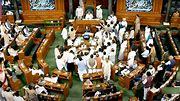
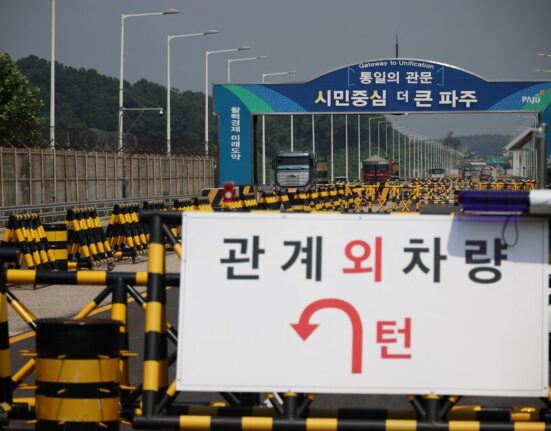
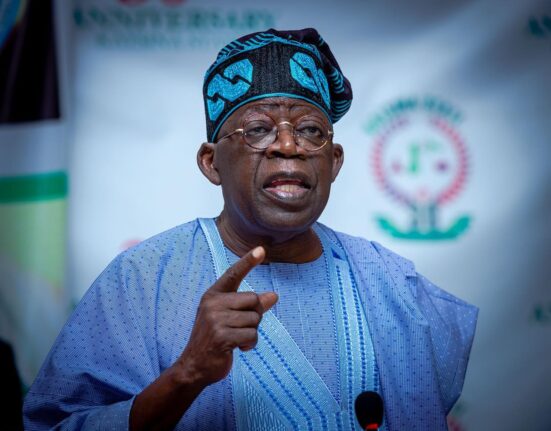

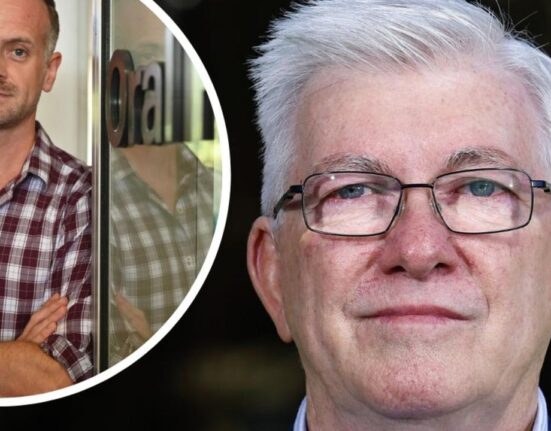
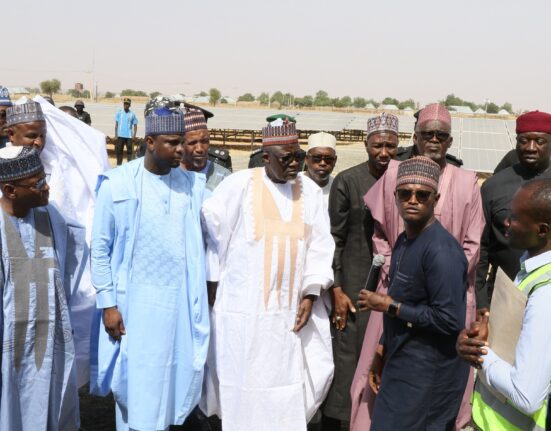

Leave feedback about this